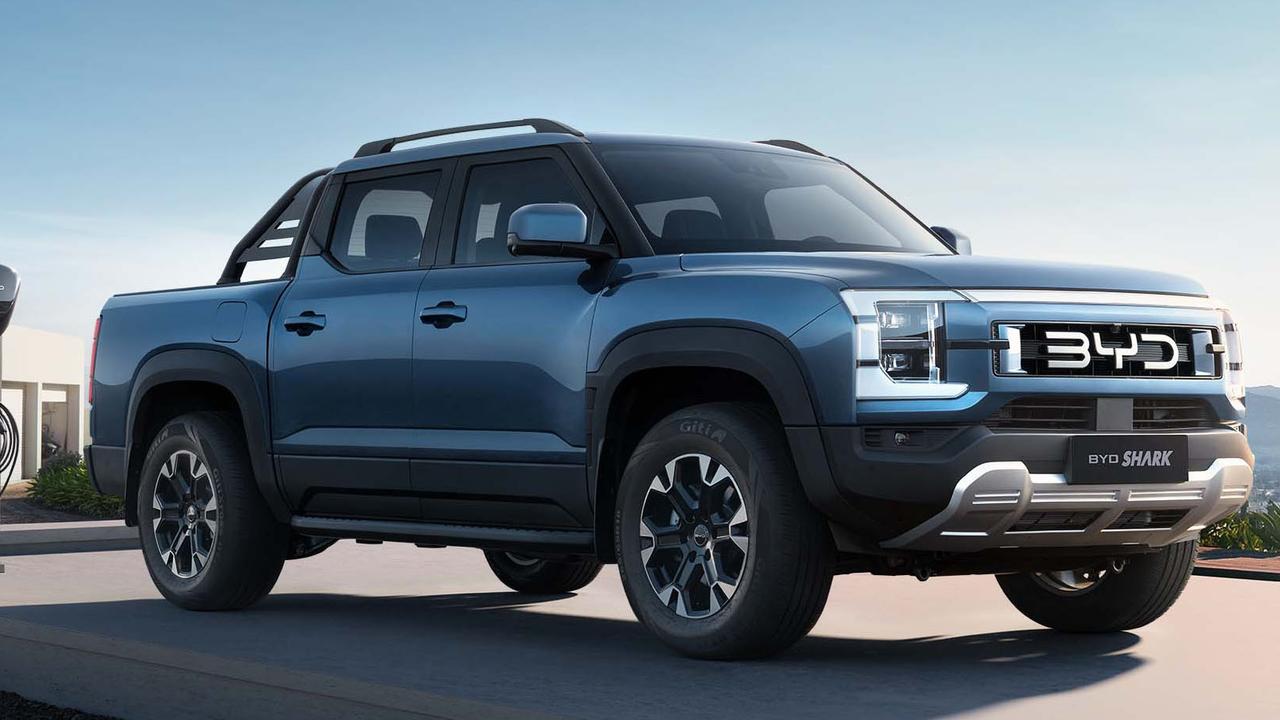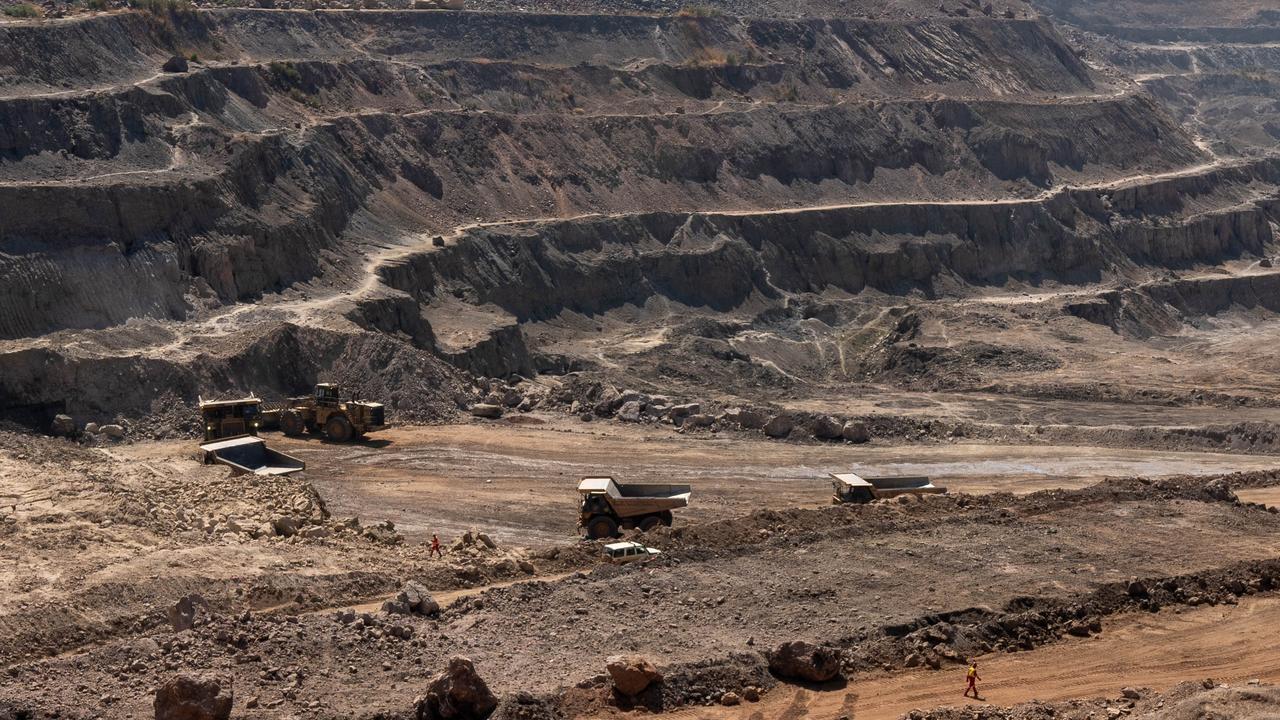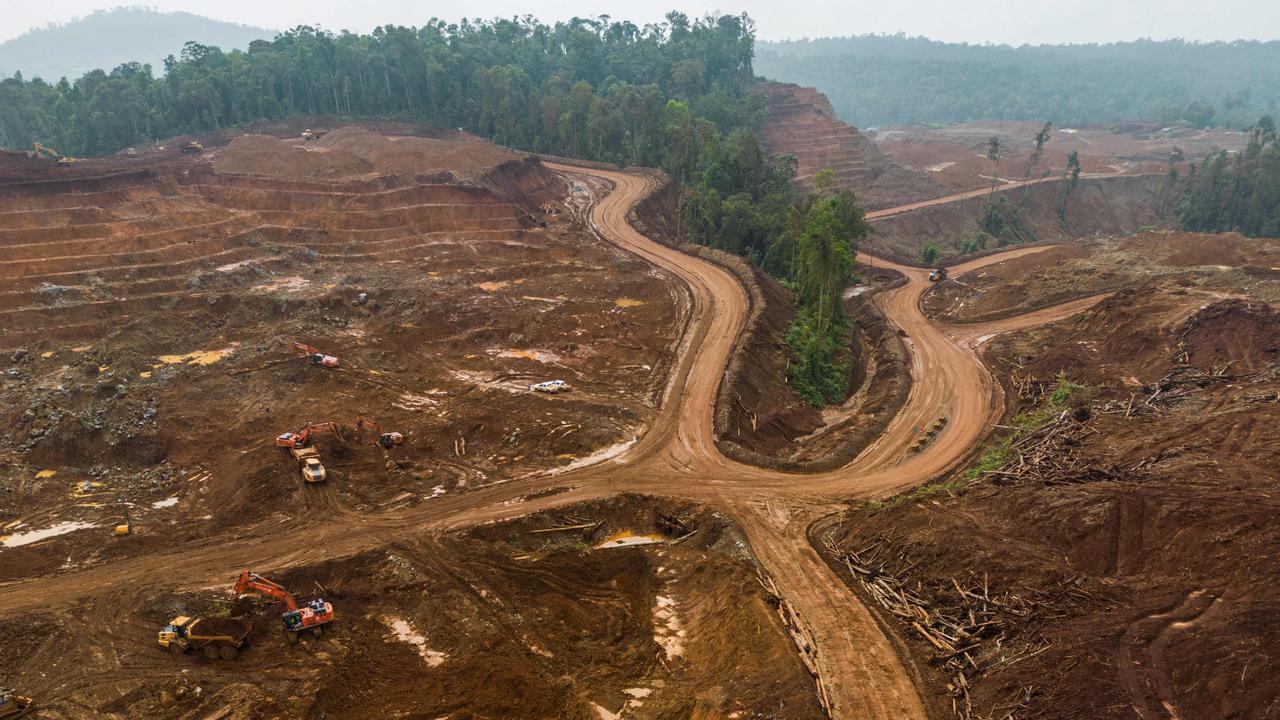Report exposes major EV brands’ human rights failures
A new report exposes concerns about sourcing materials for electric vehicles, revealing troubling links to human rights abuses and environmental issues.
Automakers have come under scrutiny following the release of a report by Amnesty International, which exposes widespread human rights violations within the supply chains of electric vehicle (EV) manufacturers.
Among the 13 companies assessed, Chinese automaker and global leader in EVs, BYD, received the lowest score, 11 out of 90, due to its refusal to disclose critical information about their supply chain, human rights and smelting practices.
But they weren’t the only automaker with a low score, Mitsubishi and Hyundai followed closely scoring 13 and 21.
None of the three automakers published information about how human rights can impact battery metal sourcing.
Additionally, none of the three reported mapping their supply chains or identifying risks.
They also failed to respond to Amnesty’s findings.
It’s a stark contrast to the top of the list, German automaker Mercedes-Benz, which scored 51.
But even then, Amnesty believes a total of 68 points or more shows a level of commitment to human rights issues.

The global push towards electrification means that automakers are relying heavily on minerals like cobalt, nickel and lithium, which are crucial for battery production.
To put it into perspective - an EV requires six times more minerals than a conventional car and the demand could grow tenfold by 2040, according to International Energy Agency.
Amnesty International secretary-general Agnes Callamard believes the rise and demand for metals required to make EV batteries is putting “immense pressure” on mining-affected communities.
“The human rights abuses tied to the extraction of energy transition minerals are alarming and pervasive and the industry’s response is sorely lacking. Communities are suffering from forced evictions, health issues caused by pollution and difficulties accessing water. As demand for electric vehicles increases, manufacturers must ensure people’s human rights are respected.” she said.

These minerals are essential for EV battery production but Callamard believes mining for these minerals can entail huge risks for people and the environment.
“Amnesty International’s previous research has shown how industrial cobalt is linked to forced evictions in the Democratic Republic of Congo. Car companies need to use their massive leverage as global minerals buyers to influence upstream mining companies and smelters to mitigate these human rights risks.” she said.
The rush to secure resource has led to consequences like child labour, forced evictions and unsafe working conditions, particularly in countries like Democratic Republic of Congo, which supplies 25 per cent of the world’s cobalt.
In 2023, the Business and Human Rights Resource Centre (BHRRC) recorded a marked increase in labour violations, worker deaths and environmental harm.
Out of the offenders, state owner China Minmetals topped the list.

Tesla and Volkswagen have both maintained ties to the mining giants like Glencore and Minmetals despite allegations of unsafe working conditions and exploitative practices at their sites.
Since 2010, BHRRC has documented 630 allegations of human rights abuses involving seven key minerals critical to EVs including cobalt, nickel and lithium.
Many of these allegations are tied to the same companies that Amnesty Internal revealed in their report - BYD, Volkswagen and Tesla.
Amnesty International said there has been some progress since they first drew attention to the matter in 2017, however most of the companies included in their report are not demonstrating sufficient standards of human rights.
“Amnesty International is calling on all car makers to improve their human rights due diligence efforts and bring them in line with international human rights standards,” she said.
“We are also calling on governments to strengthen their own human rights due diligence regulation over the companies incorporated on their territories or their exports and import licenses.”



